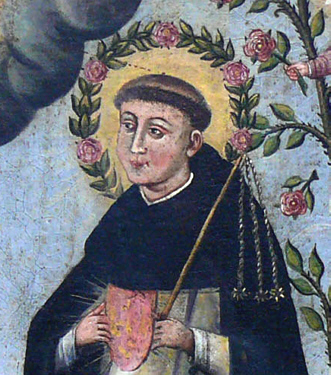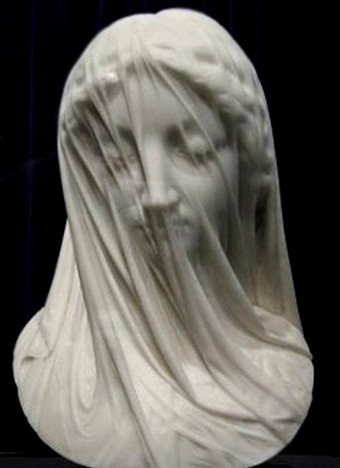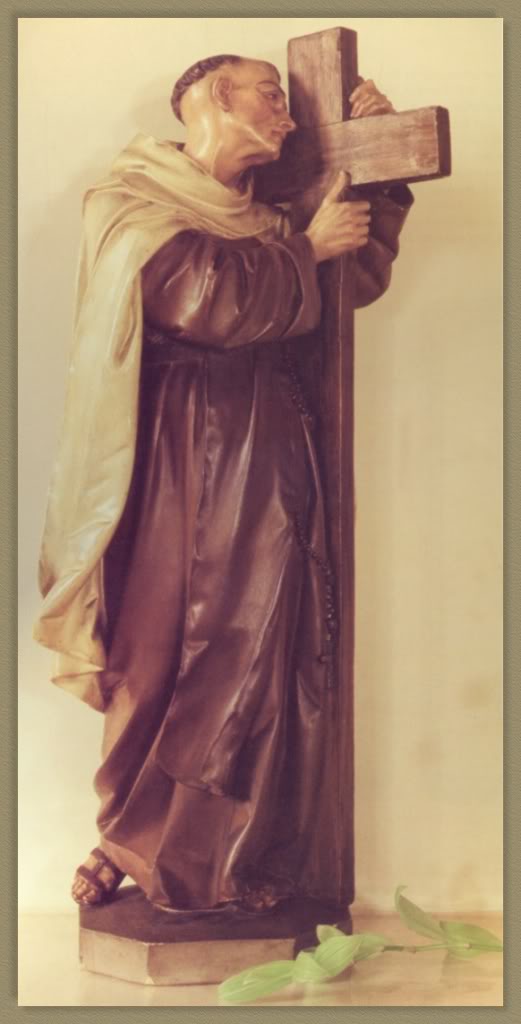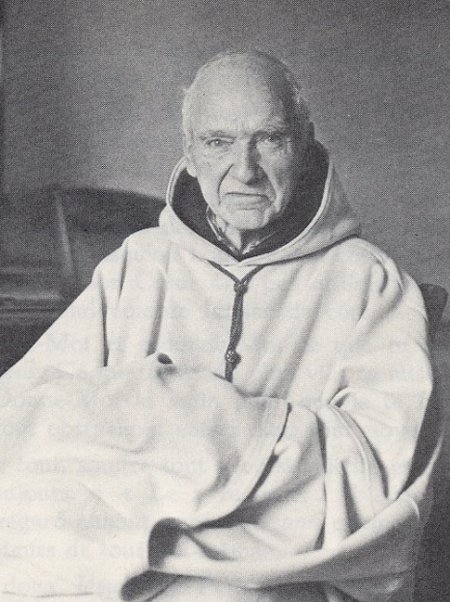Jesu, joy of man’s desiring, Holy wisdom, love most bright; Drawn by Thee, our souls aspiring Soar to uncreated light.
Word of God, our flesh that fashioned, With the fire of life impassioned, Striving still to truth unknown, Soaring, dying round Thy throne.
Through the way where hope is guiding, Hark, what peaceful music rings; Where the flock, in Thee confiding, Drink of joy from deathless springs.
Theirs is beauty’s fairest pleasure; Theirs is wisdom’s holiest treasure. Thou dost ever lead Thine own In the love of joys unknown.
This hymn sweeps me away every time it is sung. The words poetically express personal yearnings. Beautifully, succinctly, it praises the majesty of God beyond human understanding. That which can be perceived in the deepest of prayer, quietness and stillness before the Eucharist. That which is hoped for every moment reposed within the presence of God. That which is tasted during the Holy Sacrifice of the Mass. That which is touched when our hearts are opened through the acquiescing of pride and free will, holding tightly to the virtues of love and humility. That I hear within the singing of this hymn. The words are from the poet laureate Robert Bridges, centering the words upon the last movement of Bach’s “Heart and Mouth and Deed and Life”.
During meditation before the Eucharist, I felt the desire to stress my interior vision of Christ the majority of time I am quieting myself. It is the resurrected Christ in all of his magnificence, radiant in luminescence, I visualize in prayer. The Divine Mercy Christ, touching his heart, rays of bluish white and red pouring forth. The infant Jesus is recognized at times, the Liturgical season and the Rosary guiding imagery. Yesterday, I posted a video with microscopic images of sperm cells actively swimming about, life striving, passionate to become embodied. Such a delightful mystery to observe. The Holy Spirit within the miracle of life. The splendor enlarges when the realization of the Holy Spirit impregnating the obedient Mary. What a wonder. A Polish priest I knew remarked that there it was, that was the defining moment of mankind. Mary’s fiat, and then within her womb the conceiving of Jesus, One of Three. The Word incarnate. The Divine baby poor in utter simplicity, during the travels of holy common, poor working parents, Saint Joseph and the eventual Queen of Heaven. How could she not become the Queen of Heaven after all of that? The Infant of Prague provides blessing, a testament to my friend Janette in Toledo. Sister Patricia told me, vague on why, or sources, yet she said “James you realize Jesus, eternal in being, was always going to come. God always intended His Divine Incarnation. Before original sin, Jesus was destined for birth, the ultimate grace to mankind”. The teacher Jesus, the man Jesus, the wise, unassuming, kind, compassionate, obedient, insightful, and also passionate when it came to His Father is also an image. The proclamation of the Kingdom of God is the third mystery of the Luminous mysteries. The Beatitudes. Then the most striking, the most penetrating image of Jesus within prayer is the Passion of Christ. The crucifixion propels forward the deepest message of the life of Jesus, the piercing of the heart of Mary. His death defines the greatest. Sister Patricia remarks “His death, His passion and crucifixion was not God’s intent. It was a consequence”. May the blood of Jesus always wash over my heart nurturing love and humility within my disposition.






Recent Comments